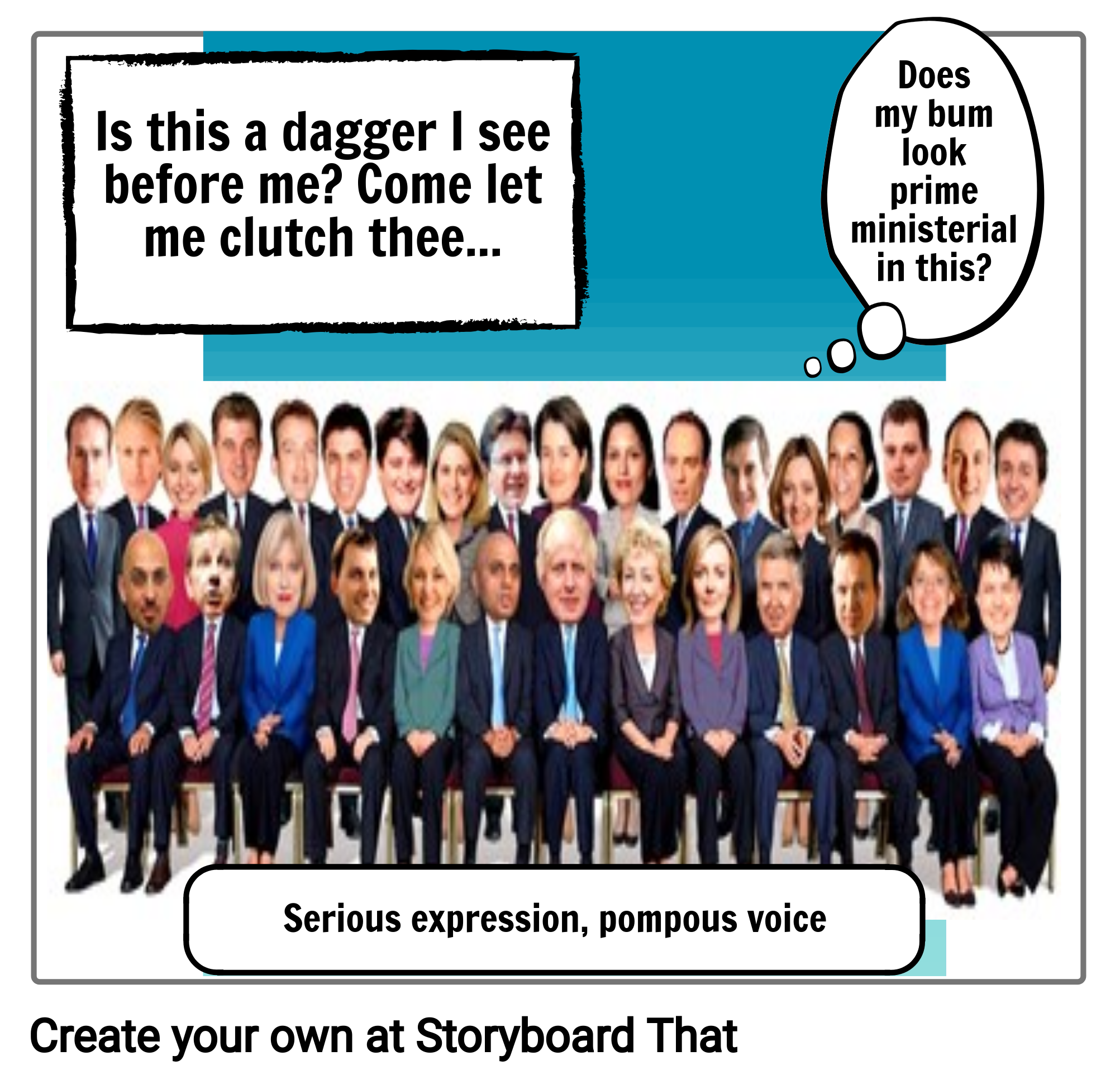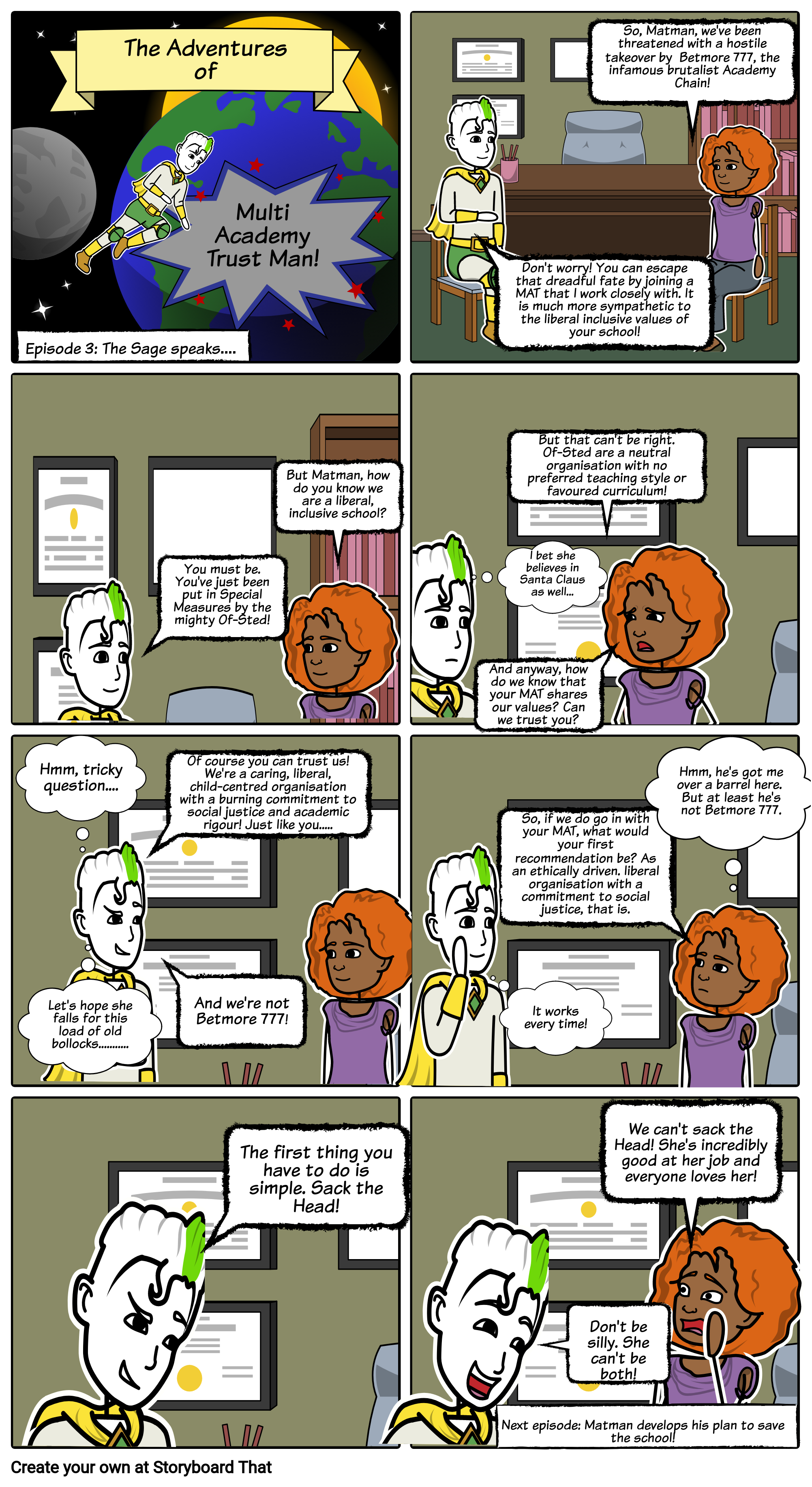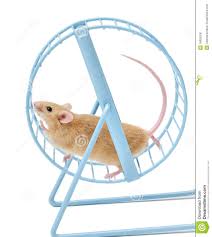Well, it’s all brewing up nicely, isn’t it? The austerity chickens are coming home to roost and only the most slavish Tory ideologues can willfully avoid the obvious conclusions. Civil society in general is falling apart, but I’ll confine myself for the moment to Education, where several interesting threads are coalescing.

First the knife crime and exclusion conundrum. It is absolutely staggering just how totally wrong the politicians and commentators, intelligent people all, can get this. Why can’t they be bothered to do some proper research or get briefed by someone who knows what they are talking about?
The general thrust of the “argument” put forward by lazy hacks seems to be: Crisis in number of deaths and attacks involving young people and knives. Plus surge in permanent exclusions from school. Plus Ofsted’s belated concern about schools using “off-rolling” to manipulate their figures. The answer is obvious. It’s the schools’ fault for excluding too many students, who are left as vulnerable, easy prey for hardened criminals. And the media crew fall over themselves, hugging themselves with glee, as an opportunity presents itself for them to indulge in one of their favourite pastimes, Teacher bashing. An easy narrative, that they can get three or four weeks of cheap copy from.
The trouble is, it’s far too important to shrug one’s shoulders and move on. The track record of Government in making populist policy on the back of misleading headlines goes back a long way. Sometimes it comes back to bite the perpetrator (See Sajid Javid wriggling in the backlash of his nakedly populist, inhumane edict on Shamima Begum and her baby), but generally it bites us, The British People, as we are routinely referred to these days.
Let’s separate exclusions from Off-Rolling for a start. Off-Rolling is an indefensible practice that has only one motivator: to massage performance table figures for the benefit of the school. If accountability measures are so high -stakes that people’s jobs are at risk, then it’s fairly obvious that the ever- resourceful school leadership community will come up with allowable scams to achieve better headline figures. I don’t blame them for this. School leadership is an incredibly stressful, pressured and difficult job. The thing that constantly takes me by surprise is the way that the powers that be (The DFE and Ofsted) profess surprise, shock and disappointment that schools are behaving in ways that are a direct result of policies implemented by the DFE and Ofsted, as if it is nothing to do with them. Rather than blame schools and heads, change the accountability system and use a bit of imagination when you’re about it.
Permanent exclusions are an entirely different matter. On the Today Programme on Radio 4 last week, Justin Webb casually used the phrase “a handful of tricky students” to describe the kids that were being permanently excluded, as if schools couldn’t be bothered to deal with them in-house. It was another one of those moments of banging the dashboard and screaming at the radio, much to the surprise and amusement of other drivers on the M25.
Schools absolutely need the facility to remove students from classroom, for the benefit of the rest of the class, and for the benefit of the child being removed. If it has got to that point, the school is clearly not meeting the needs of the child and another solution has to be sought. In my experience, permanent exclusions are the front sheet of a very thick file detailing all of the efforts that the school has made to engage with the child and the family. It is not a decision taken lightly.
The kids who are off-rolled are much more likely to be dealt with by a chat with the parent, usually the mother, where it is politely explained that they might like to take their child out of school for the the last two terms to avoid them being permanently excluded, with that forever on their record. They become officially home schooled. The school agrees to let the kid sit the exams at the school, usually in a separate room from the rest of Year 11. These deals often come with offers of help with revision materials etc, which is a sweetener. The school has effectively washed its hands of the “tricky student” because they do not figure in the results.
The numbers are increasing in part because of Gove’s boneheaded imposition of the new exams which make the experience of many troubled and challenging children even more alienating than they were already. (see my blog from Feb5th on this: https://growl.blog/2019/02/12/english-teaching-paradise-lost ) Kids vote with their feet. If you want to do something about Los Disaparecidos sort out the curriculum so it meets the needs of the students rather than the needs of Tory politicians pandering to the ghastly conference attendees.
The issue is not with exclusion, it’s with the next step. Exclusion to what? And this takes me back to the first point at the beginning of this piece. It’s a question of money and austerity. You can’t do Education on the cheap. It’s an investment, not a burden, and you get what you pay for. Pupil Referral Units need a massive injection of money, sustained and guaranteed over years. It needs to be transformed explicitly into a high status career track for teachers, a place where behaviour specialists, therapists, educationalists, highly skilled subject teachers come together and work with small numbers of excluded students. Top quality people need to be incentivised to choose that route as a career track. I’m sure that the top quality people who are already working in that sector, would benefit massively from such an approach and would welcome it.
Of course, this won’t happen. History teaches us that the same inadequate, careerist Government Ministers will make the same inadequate, populist policy decisions, piling further responsibilities onto schools with less money and with their hands tied behind their backs. I fully expect someone will soon pompously announce to camera that a) they are giving the police extra powers and b) they are banning permanent exclusions from schools. Phew, thank goodness for that. Sorted!


